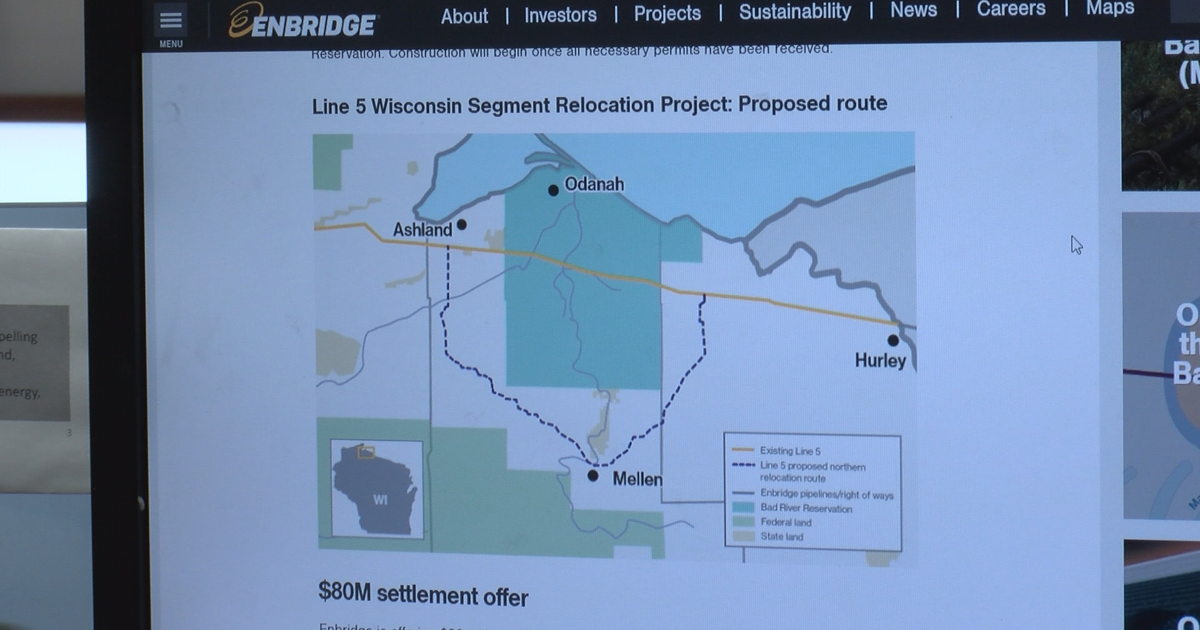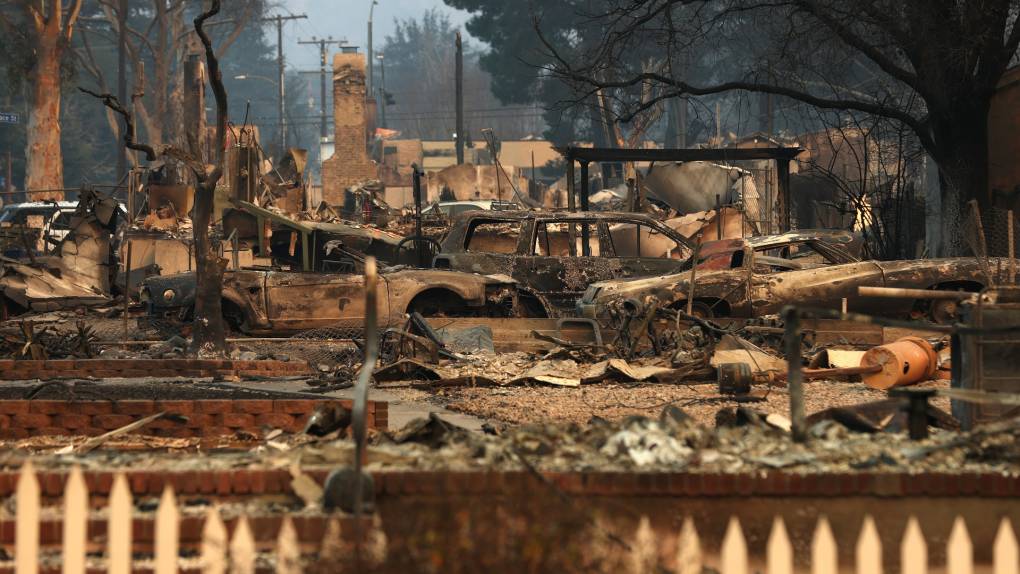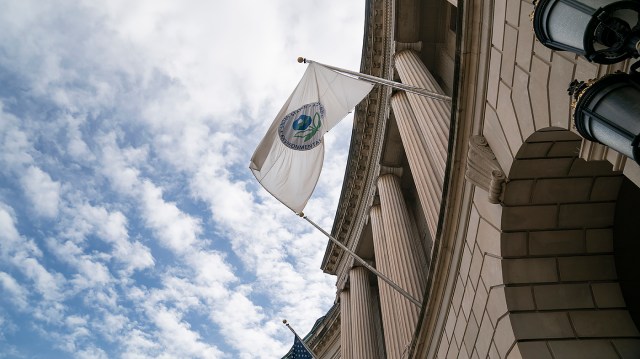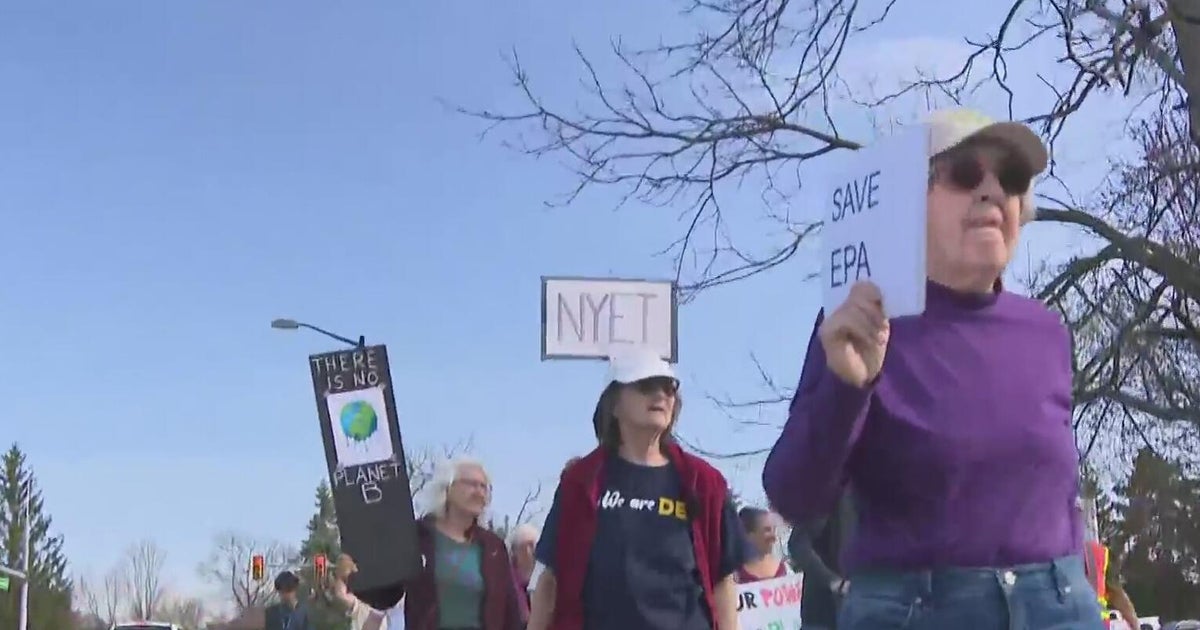Explosive Concerns: Environmental Experts Sound Alarm on Line 5 Pipeline Blast Risks

Tensions Rise as Experts Examine Potential Environmental Risks of Enbridge's Line 5 Pipeline Near Bad River Reservation
In a pivotal hearing at the Hill Farms State Office Building, community members and environmental experts gathered to scrutinize the potential consequences of blasting operations surrounding the Bad River Reservation. The testimony highlighted growing concerns about the proposed Enbridge pipeline project and its potential impact on the delicate ecosystem and indigenous lands.
Witnesses passionately presented detailed insights into the potential geological and environmental risks associated with the proposed blasting activities. The discussion centered on the potential disruption to the natural landscape and the potential long-term consequences for the local community and surrounding environment.
As the debate continues, stakeholders remain deeply engaged in understanding the full scope of the pipeline's potential effects on the sensitive region near the Bad River Reservation.








